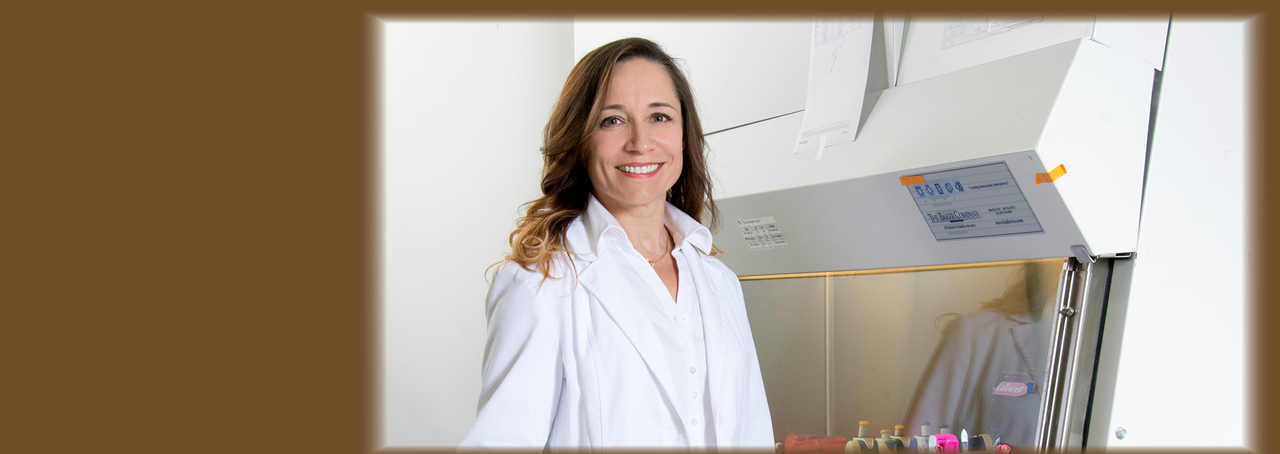New Pre-Award and Compliance System eases administrative burdens
Researcher, scholar, teacher, adviser, writer, outreach professional, and manager. University faculty members wear many hats. When awarded a sponsored grant or contract, these duties are multiplied by the many administrative and compliance tasks that are necessary to conduct their sponsored program work.
To help manage these requirements, it was the shared decision of SUNY and the Research Foundation to dedicate $6.5 million to implement a new pre-award and compliance system. The collaborative project, which involves the participation and resource contributions from 29 state operated campuses as well as SUNY System, is called SUNY Pre-Award and Compliance System (SUNYPACS).
“SUNYPACS will help our researchers to more efficiently and effectively manage their grant activities and to be in compliance with their grant requirements,” said John Paris, RF director of data services and information services and SUNYPACS project manager. ”In addition,” says Robert Mason, senior director of grants & contracts administration and owner of the project, “the one software answer replaces standalone systems and tools, offering an integrative and standardized multi-module system that’s designed to improve efficiencies and oversight of a researcher’s sponsored program awards across the enterprise.”
SUNYPACS accommodates six requirements of grant proposal management and regulatory research compliance into a single system. The platform follows the research administration process from beginning to end, enabling a new level of uniformity and efficiency, while producing valuable data analytics to guide future decisions.
- Grants - Accurate and complete proposal submissions and efficient award management are vital to growing SUNY’s research enterprise. The Grants Module automates, streamlines and improves oversight of proposal creation and submissions. The platform allows various offices to contribute to the development of the various sections of a proposal simultaneously (e.g. scope of work, budgets, subcontracts, etc.) and tracks, manages, and reports on proposals in real time. The module also has a system-to-system feature that permits proposals to be submitted electronically.
- Agreements - As SUNY’s authorized representative for externally funded grants and contracts, the RF negotiates agreements with government, industry, nonprofits, foreign sponsors and other potential collaborators. The Agreements Module streamlines the campus routing, tracking and management of any type of third party agreement associated with grant and contract activities.
- COI - The term “conflict of interest” (COI) refers to situations in which financial or other personal considerations of key staff on a sponsored program may compromise, or have the appearance of compromising, the design, conduct and reporting of the research. Such outside interests need to be disclosed, reviewed and managed so research objectivity can be assured. The COI Module manages multiple types of disclosures, certifications, reviews and reports required by the federal government and other sponsors.
- IRB - Before any human research can be conducted, the federal government requires an institution to have an Institutional Review Board (IRB), which oversees the safety and rights of human subjects who consent to participate in research. The IRB Module ensures timely, compliant reviews and approvals of research protocols that use human subjects.
- IACUC - Before any animal research can be conducted, the federal government requires an institution to have an Institutional Animal Care and Use Committee (IACUC), which primarily safeguards against the inhumane treatment of animals during research. This module is federally compliant and improves collaboration between investigators, IACUC coordinators, training coordinators, veterinary reviewers, and committee members through all IACUC activities.
- Safety - When research requires the use of potentially harmful radiation, chemicals or tools the federal government requires the oversight of such activity by an Institutional Biosafety Committee to assure that researchers, their staffs, students and the community are not harmed or negatively impacted by the use of such materials while conducting research. The Safety Module manages the preparation, submission, and review of safety protocols and improves committee communication and oversight.
The project team developed a comprehensive adoption process that ensures successful rollout of SUNYPACS at the campuses. So far, response to the new system has been positive. “We have found the Agreements module to be very user friendly, said Denise Straut, director of business affairs and sponsored programs administration at SUNY Oneonta. “One of our PIs added a contract to the module without any training. We had to tweak a couple of things afterwards, but it illustrated that the new system is working very well.”
Dave Pawlowski, biosafety officer at the University at Buffalo, noted that the Safety module gives him the ability to instantly access protocols from mobile devices in any lab, on any campus. “This has significantly increased my ability to effectively engage PIs and students during inspections and incident investigations,” he said. “Also, I no longer need to waste time organizing and filing paper protocols; all document management is handled by the Safety module.”
comments powered by Disqus


